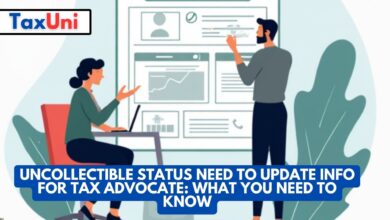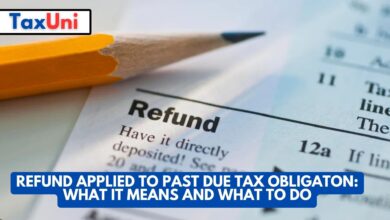Connecticut State Income Tax
One of the smallest states in the nation, Connecticut is a progressive state with high income tax rates and special credits for taxpayers.

The state of Connecticut uses a graduated personal income tax system, meaning that the amount you pay in taxes rises as your earnings do. This is different from many other states that use a flat tax rate. The top Connecticut state income tax rate is 6.99%, which ranks above the national average. Connecticut also levies a 6.35% statewide sales tax, with no local rates charged, which helps to balance out the state’s revenue collection.
In addition, Connecticut exempts from state taxation all pension and annuity earnings for individuals whose overall income is below $75,000 per year, as well as for couples who have an income below $100,000. Social Security benefits are also exempt from state taxation if they’re included in federal adjusted gross income.
Nonresidents may subtract from their Connecticut taxable income the amounts that they contributed to their CHET accounts. The total of these contributions is not to exceed $5,000 for singles and $10,000 for married filing jointly taxpayers. Also, they can subtract their military retirement pay if it’s included in their federal adjusted gross income.
How to File Connecticut State Income Tax?
Individuals – Individual taxpayers must file a Connecticut return by April 15 or pay all taxes expected to be owed on or before the due date, generally October 15. An individual can request an extension of time to file a Connecticut income tax return by filing Form CT-1040 EXT and paying all the tax they expect to owe by the original due date.
Pass-through entities – Partnerships, S-corporations, and some trusts and estates – that need more time to file their returns must electronically file Form CT-1065/CT-1120SI EXT or Form CT-1120CU by the original due date. The entity can also request an additional five month extension by providing reasonable cause.
Individual taxpayers can use myconneCT to prepare and file their state income tax returns for free, and pay Connecticut taxes online. If they are unable to pay their full tax liability by the April 15 deadline, they can apply for an extension of time to pay without penalty. They should also make as much progress on estimated tax payments as possible to avoid interest penalties. This is particularly important for farmers and fishermen, who can use special rules to calculate their estimated tax payments.

Connecticut State Income Tax Update
As part of the state budget that Lamont approved, Connecticut’s income tax rates will drop from 3 percent to 2 percent for middle-class filers. That’s one of the largest rate reductions ever enacted in Connecticut, and it’s expected to save many households $300 to $500 a year in 2024.
The budget also includes an increase in the state’s Earned Income Tax Credit (EITC) for working poor families, which mirrors the federal EITC, and expansions of deductions for IRA distributions and pension and annuity earnings to benefit seniors. The changes are expected to boost the number of low-income families that qualify for these credits by more than 200,000.





